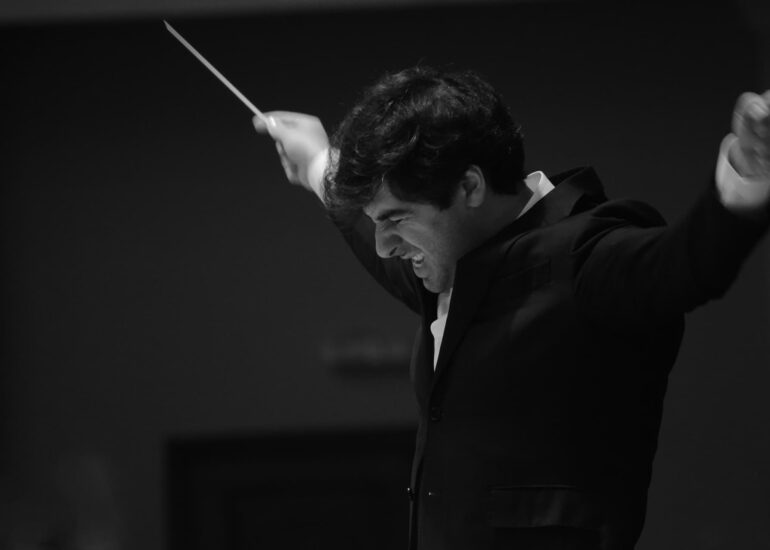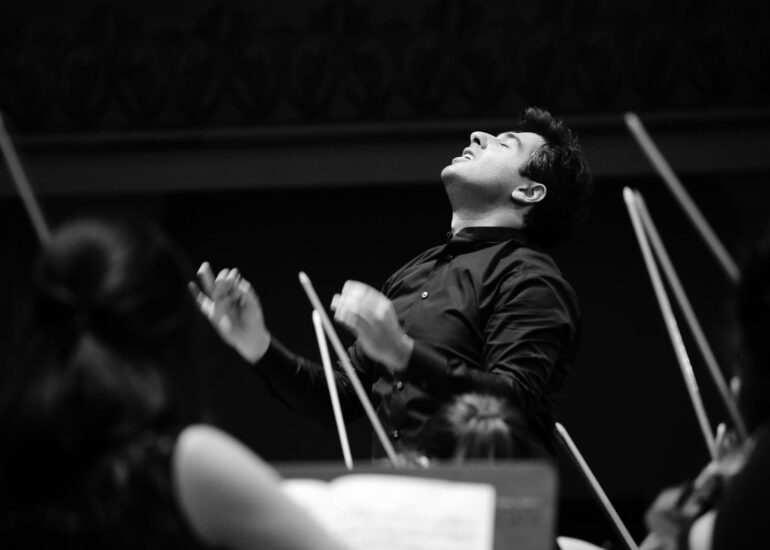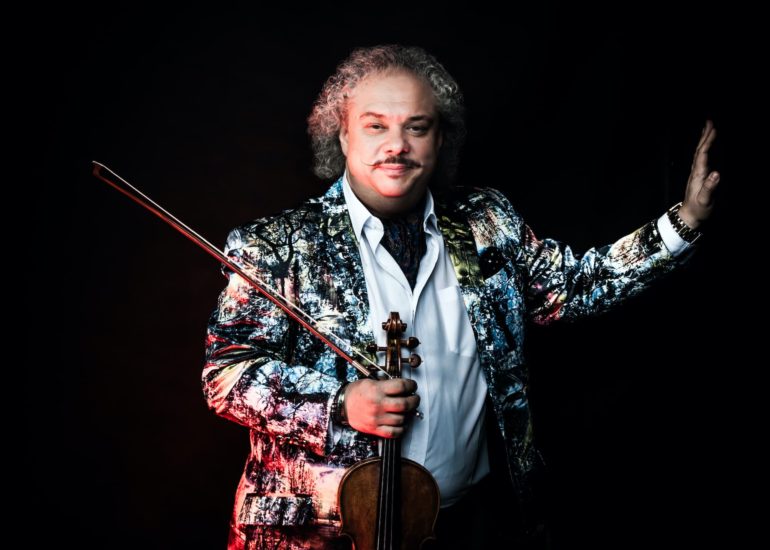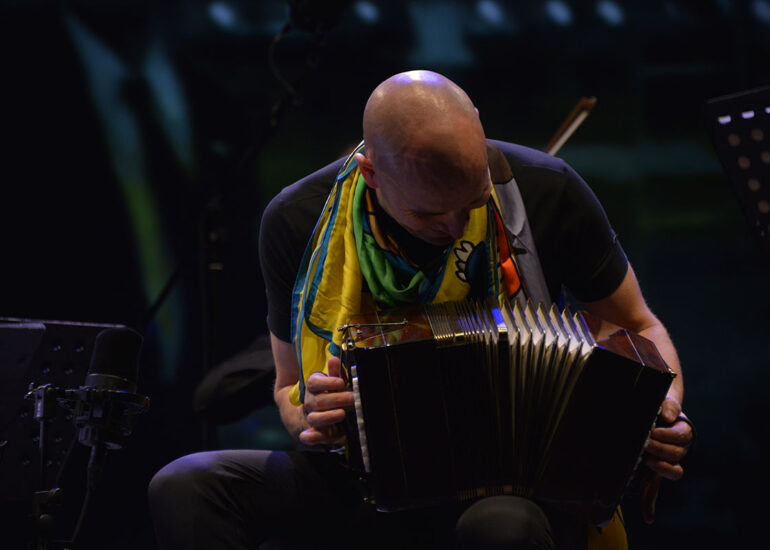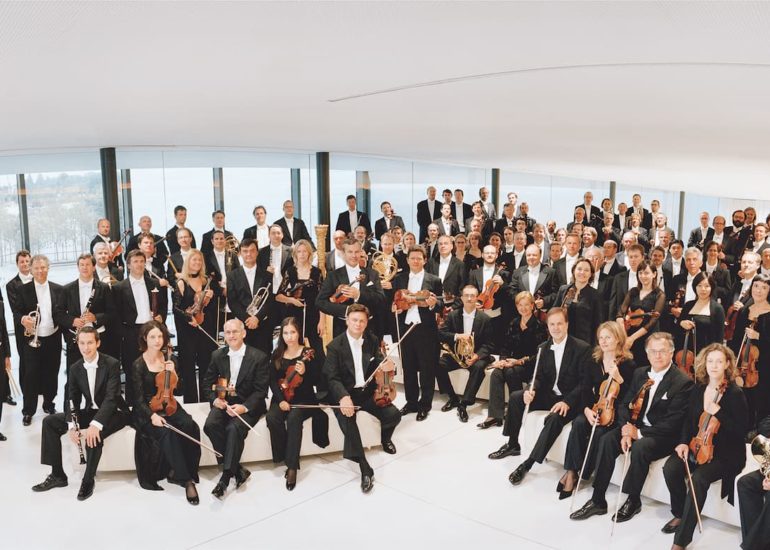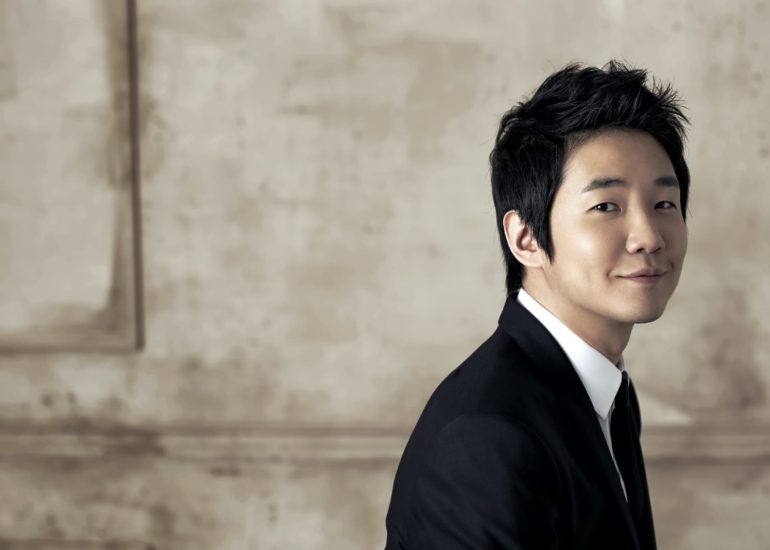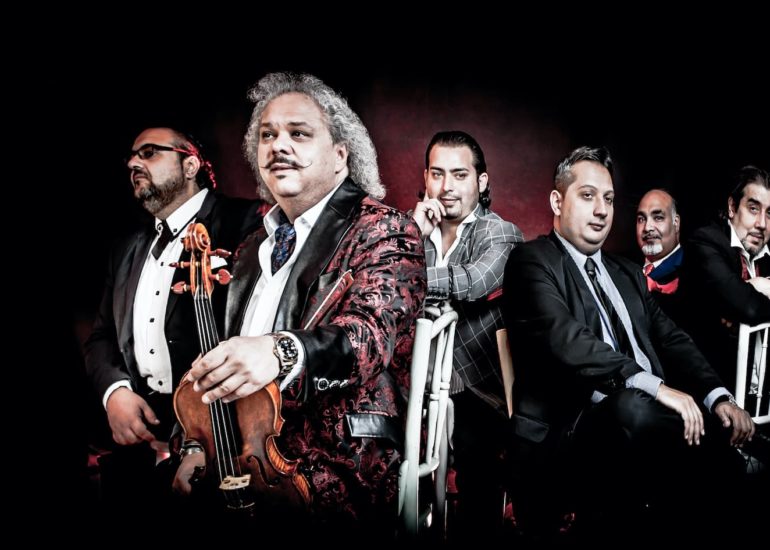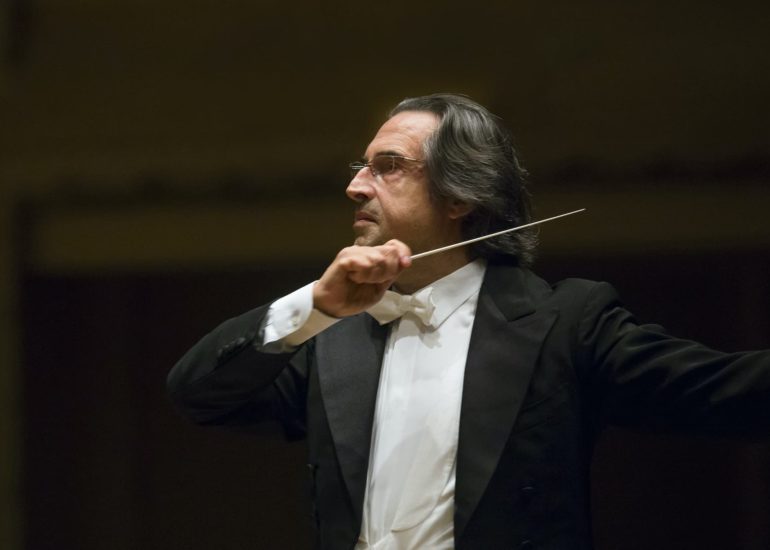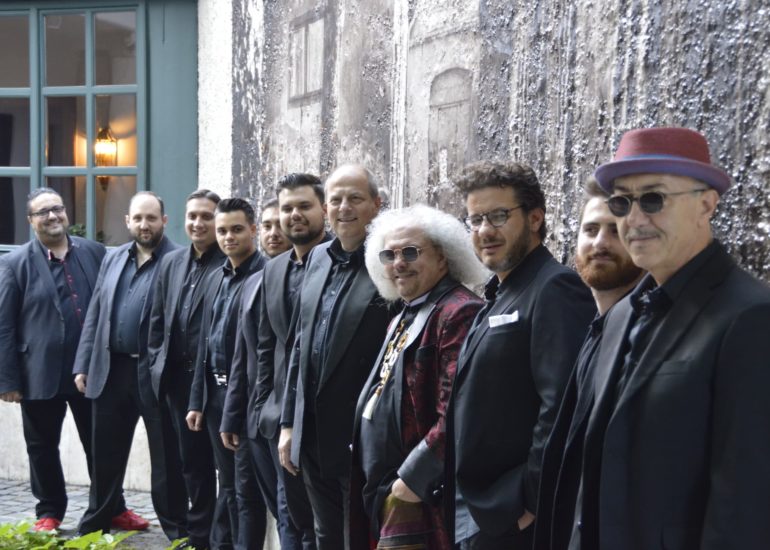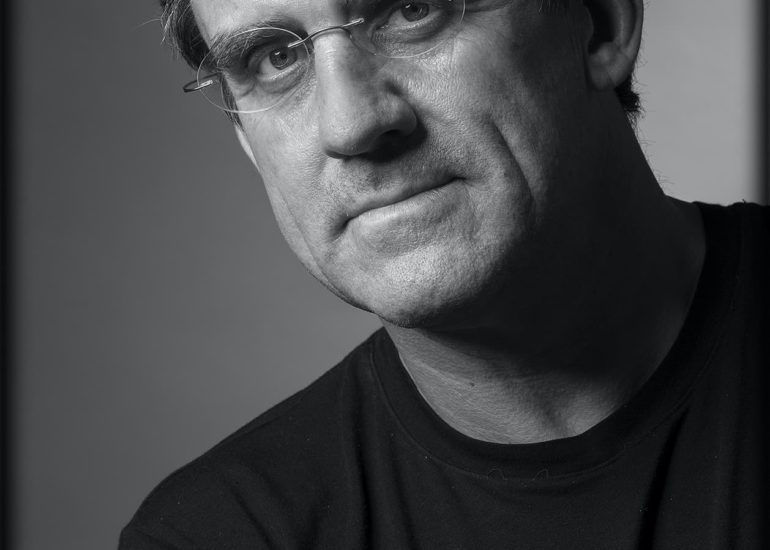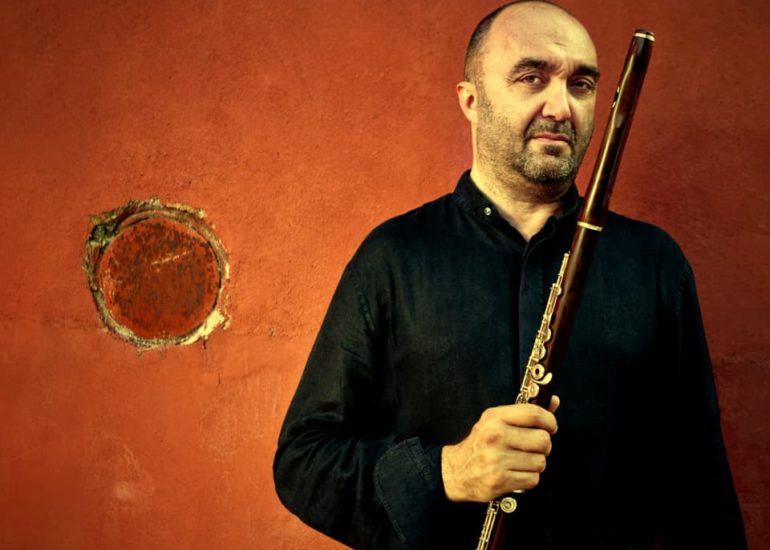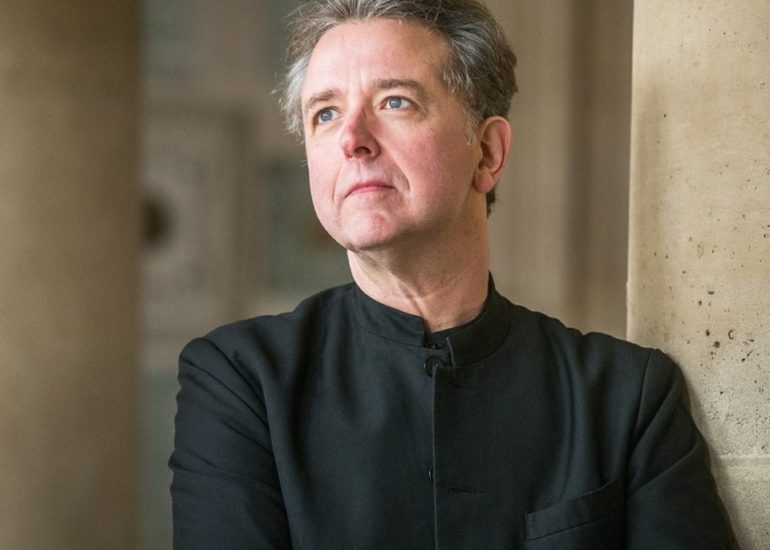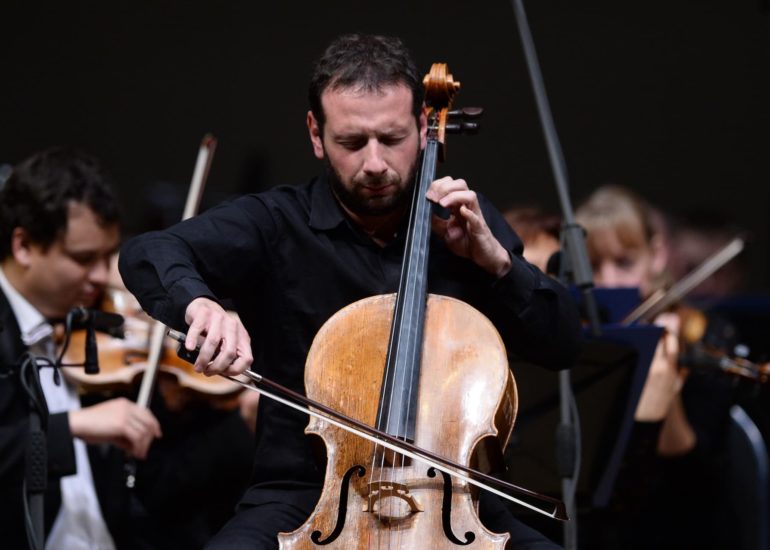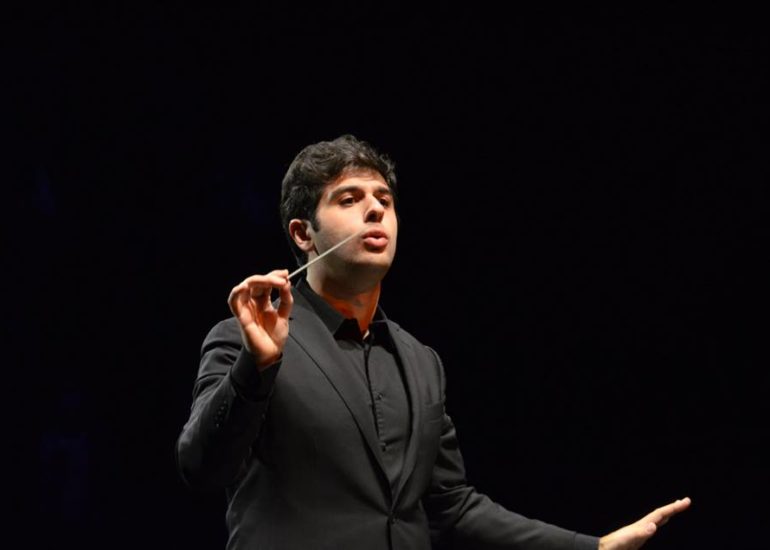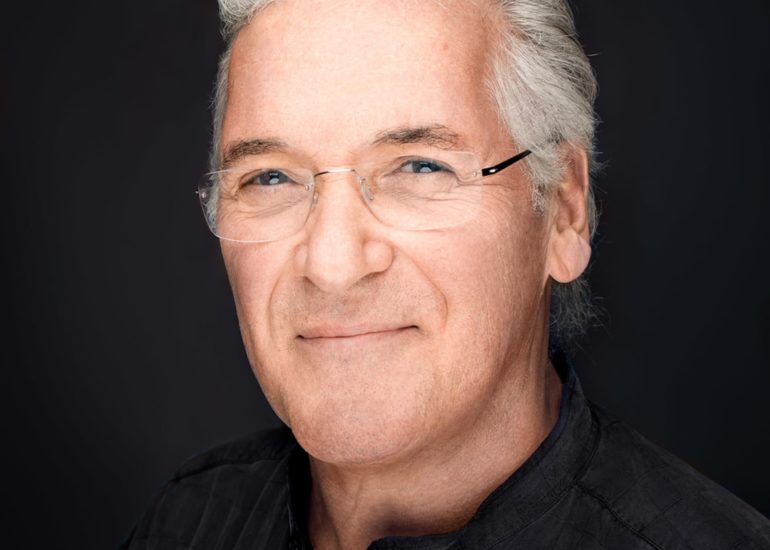Armenian conductor Sergey Smbatyan is the Founding Artistic Director and Principal Conductor of the Armenian State Symphony Orchestra and Principal Conductor of the Malta Philharmonic Orchestra.
The Armenian State Symphony Orchestra is a symphony orchestra performing internationally to great acclaim. Under Smbatyan’s artistic direction, its players are energetic, enthusiastic musicians with the shared objective of raising cultural awareness in Armenia and pursuing spiritual excellence through classical music.
Smbatyan has presented the Armenian State Symphony Orchestra and the Malta Philharmonic throughout Europe, Russia and the United States. Performances include Vienna’s Musikverein, the Berlin Philharmonie, Salzburg’s Großes Festspielhaus, London’s Barbican Centre, the Gasteig Munich, Rudolfinum in Prague, Grand Hall of the Moscow State Conservatory and New York’s Carnegie Hall where he made his debut at the age of 28.
Born in Yerevan, Smbatyan was first introduced to music by his grandmother, the violinist and teacher Tatyana Hayrapetyan, who gave him violin lessons from an early age. He later studied at the Komitas State Conservatory of Yerevan and the Moscow P.I. Tchaikovsky Conservatory, receiving lessons from Bagrat Vardanyan and Zakhar Bron. Whilst studying for a PhD in Fine Arts in Yerevan, Smbatyan developed his passion and conducting skills working with the Armenian State Symphony Orchestra which he founded aged 18. As a conductor, Smbatyan has been significantly influenced by his lessons with Riccardo Muti and Sir Colin Davis which he undertook during his studies at the Royal Academy of Music in London.
A winner of multiple European conducting and violin competitions, Smbatyan has developed an international reputation that includes guest conducting engagements at the Mariinsky Theatre Orchestra, London Symphony Orchestra, Philharmonia Orchestra, the Prague Radio Symphony Orchestra, the Russian National Orchestra, Dresden Philharmonic, Sinfonia Varsovia, and many others.
In 2015, Smbatyan became the youngest recipient of the Chevalier of the Order of Arts and Letters. He was presented with the award by the French Minister of Culture in the presence of Krzysztof Penderecki and Charles Aznavour. Two years later, as commendation for his promotion of Armenian music and culture, the President of the Republic of Armenia presented Smbatyan with the title of Honoured Artist of the Republic of Armenia.
Smbatyan’s championing and commissioning living composers, promoting cultural heritage and developing new audiences are central to his artistic life and are reflected in his work as the Founder and Artistic Director of the Armenian Composing Art Festival; the “Contemporary Classics” Composers’ Festival; the “Armenia” International Music Festival; the Khachaturian International Festival. The latter has its distinct positioning in Smbatyan’s cultural activities as a calling card for the Armenian performing arts. These values also define his work as Artistic Director of the Khachaturian International Competition.
Smbatyan deeply believes that only culture can shape our future and unite everyone by spreading harmony and peace. This is the main message conveyed in the orchestras he has founded: 24/04 World Orchestra, the “Generation of Independence” All-Armenian Choir and Orchestra and the Pan-Armenian Symphony Orchestra. Smbatyan’s passionate advocacy for increasing the level of cultural education and engagement, and social responsibility among young people was fulfilled by founding the UNICEF Children’s Orchestra and DasA, an innovative high school-based project that offers students hands-on experience of making classical music.
A recognised pioneer in the uses of AI and other technologies in classical music, Smbatyan has developed multiple collaborations with leading institutions. As part of the 2019 World Congress of Information Technology he conducted the first-ever concert of music written by AI. An audience of over 75,000 people watched the open-air concert performed by the WCIT World Orchestra, a specially created orchestra of players from the fifteen countries that had ever hosted the Congress.
A creative concert programmer, Smbatyan has worked with the world’s leading soloists and actors including John Malkovich who performed and toured with him several projects in Latin America, Asia and Armenia including narrating excerpts from The Book of Lamentations by Armenian poet Grigor Narekatsi.
Smbatyan’s discography is rich and includes many recordings for ArmSyphony Records including Khachaturian’s Symphony No.2, The Bell, which was made to celebrate the Armenian Symphony Orchestra’s 15th anniversary. A particular focus of Smbatyan’s recording activities is contemporary music which he primarily records with the Armenian Symphony and Malta Philharmonic orchestras, alongside other orchestras such as London Symphony Orchestra.
Future performances include his debut with the Israel Philharmonic Orchestra and a European tour with the Malta Philharmonic Orchestra, including concerts at the Berliner Philharmonie, the Musikverein in Vienna and the orchestra’s first UK tour.
Reviews
The hero of Beethoven’s Seventh was Sergey Smbatyan himself. By no means was it a “textbook” interpretation of this big classical hit. The Armenian conductor attempted to be original.
The conductor led the orchestra with an uncommon attention to detail, skillfully guiding the musicians through the whole performance. His hands were clear and precise; this was a performance of great dignity and nobility. A highly successful and passionate performance!


